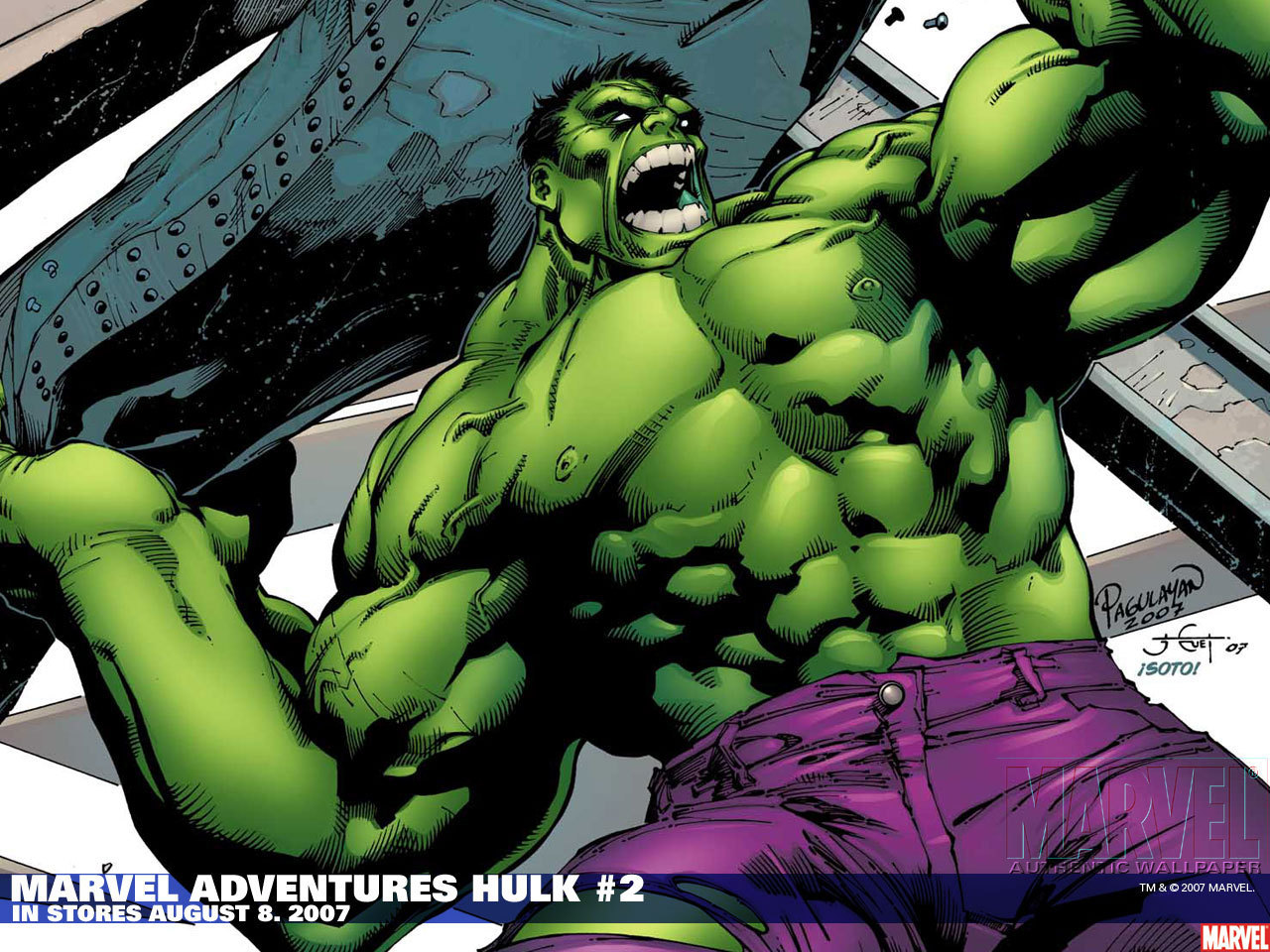 A psychologist calling herself Captain Cassidy attacked me in her blog a year or so ago. A hundred and a quarter comments followed, so apparently Captain Cassidy, while not as popular as Captain Kangaroo, neither is entirely unknown. But she is new to me: after my recent debate with Richard Carrier on Unbelievable, someone linked to her critique.
A psychologist calling herself Captain Cassidy attacked me in her blog a year or so ago. A hundred and a quarter comments followed, so apparently Captain Cassidy, while not as popular as Captain Kangaroo, neither is entirely unknown. But she is new to me: after my recent debate with Richard Carrier on Unbelievable, someone linked to her critique. This seems the trend. More and more, some atheist I've never heard of, and hundreds of his or her fans, are found playing pinata with some rough-hewn caricature of myself, made entirely of straw, and I hear about it a year or two later. Or earlier if I have heard of the person (Jerry Coyne, PZ Myers, Hector Avalos, our dear friend Richard Carrier). I'm going to have to start making my own pinatas, and selling them in the drug stores.
As usual, what a person with a sense of irony learns from these "attacks" is how often those who praise the "scientific method" the loudest in theory, turn out to rely for their information on distant rumors, wild conjectures, and woolly stereotypes in practice. And therefore, get everything not just mistaken, but Wrong-Way-Corrigan (who flew to Ireland "accidentally" after filing a flight plan for Long Beach, California and getting "lost in the fog") wrong.
And also as usual, while we find the comedy amusing, we attempt to squeeze lemonade when the angels kindly grant us a plethora of lemons.




